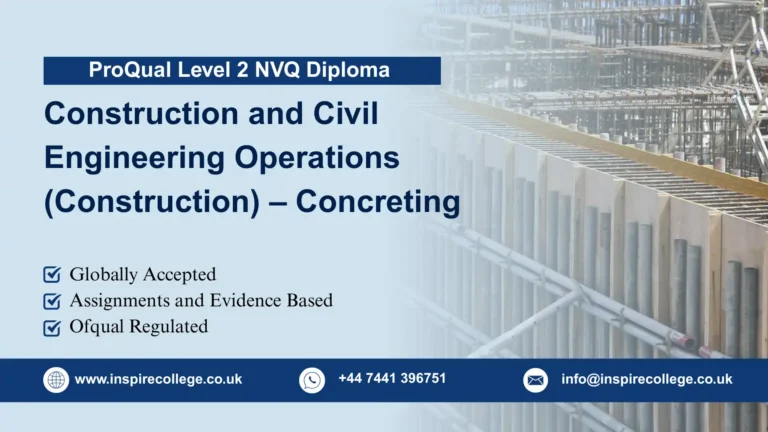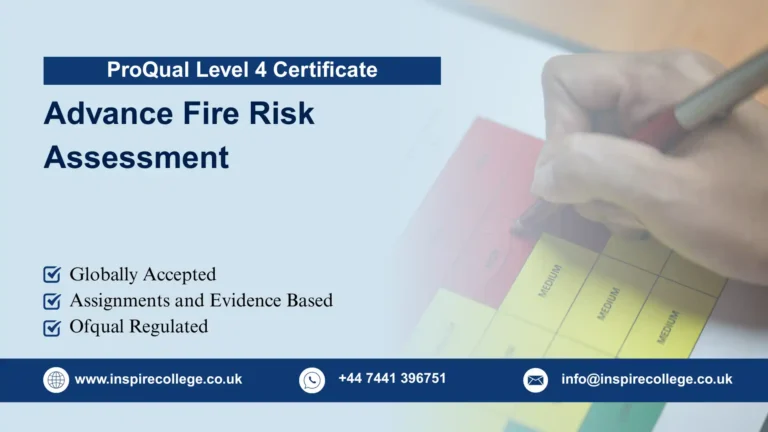ProQual Level 4 and Level 5 Combined Diploma in Law
Diploma in Law
Awarding Body : ProQual
Study unit : 12
Credits: 240 credits
Learning Mode : Online
Master law and administration with ProQual
The ProQual Level 4 and Level 5 Combined Diploma in Law is a comprehensive qualification designed for learners who aspire to build a strong foundation and advanced expertise in legal studies. This dual-level program integrates essential principles of law with practical applications, preparing learners for careers in legal services, compliance, and administration.
Law is a cornerstone of modern society, governing relationships, business transactions, and justice systems. This combined diploma covers a wide range of topics including legal frameworks, contract law, criminal law, civil procedures, and corporate governance. Learners gain both theoretical knowledge and practical skills, enabling them to analyze legal issues, apply regulations, and support organizational compliance.
By completing this qualification, learners position themselves for career progression in law-related fields or further academic study. The ProQual Level 4 and Level 5 Combined Diploma is internationally recognized, making it a valuable credential for professionals aiming to enhance their career prospects or transition into legal roles. With a strong emphasis on practical application, this program bridges the gap between academic learning and workplace demands, empowering learners to contribute effectively to legal and administrative functions.
Follow Us
Start Learning Today
Get in Touch
+44 2035 764371
+44 7441 396751
info@inspirecollege.co.uk
www.inspirecollege.co.uk






